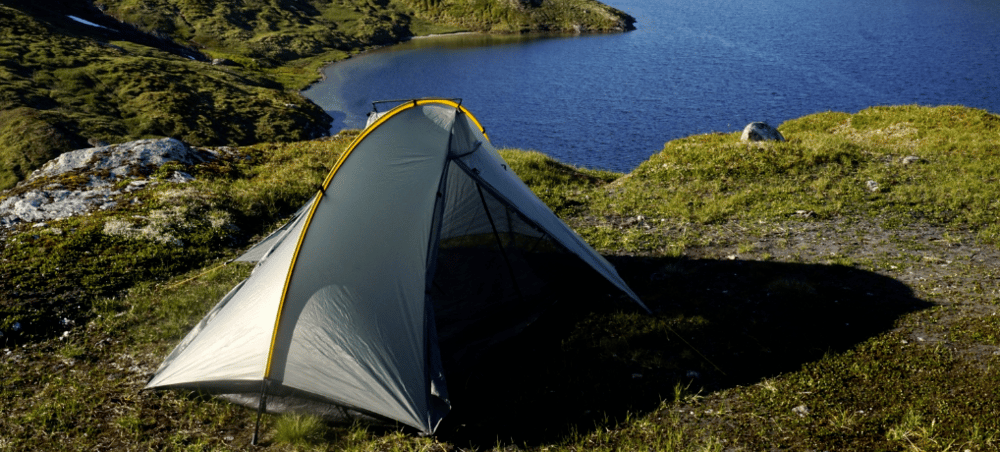Whether you’re new to the wild camping world or an experienced camper, there are some critical tips for locating a quality wild camping site. The first thing to remember is that you’ll need to take the right gear with you, so remember to pack your sleeping bag, tent, and other essentials. Also, check out the laws in the area you plan to camp in to avoid any trouble. You’ll also want to ensure that you stay away from areas where you can be exposed to danger, such as lakes or rivers.
Make Sure It’s Legal in The Area You’re Aiming For
Whether you’re traveling to a new country, or are just looking for a new place to stay, make sure wild camping is legal in the area you’re going to. Regardless of your location, there are many different laws that you should know about. The most important thing to remember is to respect nature. It would help if you didn’t disturb wildlife and always carried toilet tissue and sealable bags.
In the United States, wild camping is legally allowed on Bureau of Land Management lands and national forests. However, in some areas, such as the backcountry of national monuments, you will need to get a permit to wild camp. You can also use the National Forest Map Locator to locate jurisdictions in your area.
If you plan camping in the wild, like wild camping in Iceland, you should always follow the Leave No Trace principles. This means you should not leave your campsite or campsite equipment behind and pack out any trash you leave. This includes human waste and any remnants of your tent or fire. If you leave trash behind, use a compostable sealable bag.
Water is an Essential Ingredient For a Wild Camping Trip
Bringing enough water is a crucial aspect of a successful wild camping trip. It is not only necessary for drinking but also for showering, cooking, and hygiene. For this reason, it is essential to pack a water bottle and a water filter when camping.
Water is hefty and adds weight to your backpack. In addition to a water bottle, you should also bring water purification tablets. You can use these to purify water from natural sources such as lakes or rivers. It is also essential to have extra water if you are bivouacking for the night.
Wildlife Encounters are a Highlight of Any Camping Trip
Getting to meet and greet wildlife is a unique experience. Animals have a natural curiosity for humans.
Most animals will leave you alone if they feel uncomfortable. To help minimize your chances of getting attacked, stay calm and don’t try to feed the animals. It’s also essential to keep a distance. If the animals see you threatening them, they may be more aggressive.
Keep your food and other belongings out of reach. Ticks, spiders, and mosquitoes can be big problems. Also, keep pets on leash. Having a group can also help.
Don’t Camp Too Close to a River
Generally speaking, it’s best to stay away from water, especially when wild camping. Not only is it unsafe to camp near a river, but it can also be dangerous when the tide is out. However, river islands can be pretty inviting to campers.
The best way to ensure you have an enjoyable wild camping trip is to research the legalities of wild camping in your area. Check out your local outdoor center or Facebook group for local information. Also, use a Google search to find the best spots.
One of the perks of going wild camping is seeing wildlife. While you don’t want to disturb them, you want to keep them safe and happy. If you’re near a water source, plan to set up camp a few hundred feet away.
A quick Google search should reveal if there are any COVID-19 closures in your area. You’ll need a permit if you plan on wild camping in the backcountry of a national monument.
Bring The Right Equipment
Bringing the right equipment when camping wild is a great way to ensure you get all the fun. Consider essential items, such as a headtorch and a small wash bag.
A headtorch is a great way to light up your tent at night. Consider an inflatable pillow, which is designed to offer superior neck support.
A power bank is another good way to keep your electronics charged. There are also plenty of dry bags that come in various sizes. Consider flip flops, which are great for a quick foot bath.
Consider a bivvy bag, which is designed to offer thermal insulation.
Avoid Dispersed Camping
Often, dispersed camping will fill up quickly. It is also important to note that dispersed camping is not allowed in national monuments and national parks. You will need to have a permit to be able to camp in the backcountry of these areas. If you need clarification about the rules for the site you plan to camp in, you can always call the ranger station and ask them for more information.
The best camp places are usually on less traveled side roads. Using a map can help you locate a good spot. You will also want to avoid overhanging branches, tall grasses, and poisonous plants.


No Comment